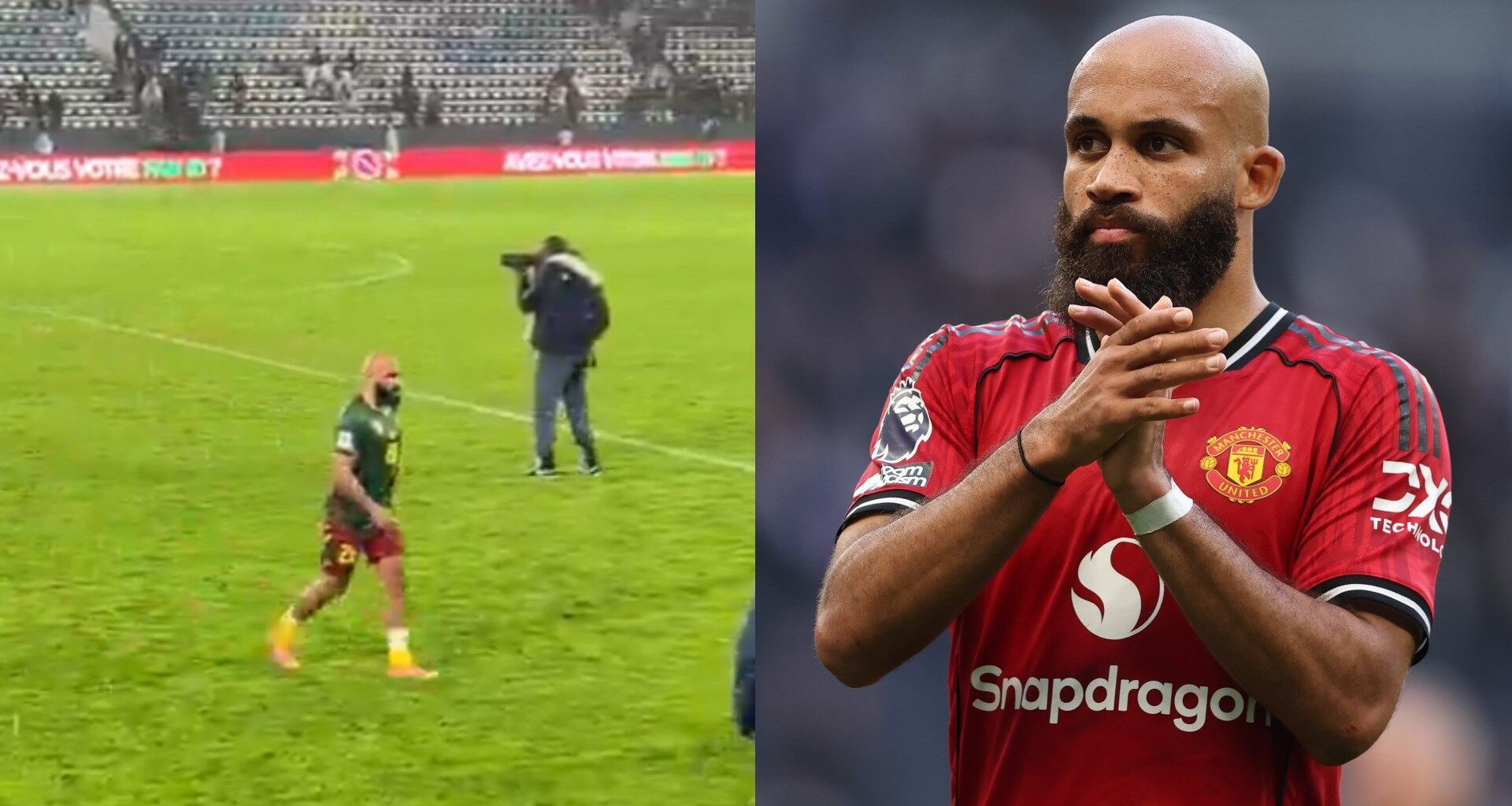The defeat marked the end of a turbulent qualification journey in which Cameroon won only five matches and struggled for consistency despite the presence of top talents such as Mbeumo, Andre Onana and Carlos Baleba. Their failure to top Group D, as they finished four points behind Cape Verde, forced them into the play-off path, where their hopes evaporated in the most agonising manner imaginable. It leaves a talented squad and manager Marc Brys facing intense scrutiny after missing out on a World Cup for only the fourth time since 1982.
Their elimination carries heavy symbolic weight, given their long-standing history as Africa’s most frequent World Cup participants with eight qualifications. The disappointment is amplified by the fact that the 2026 tournament will feature 48 teams and additional African berths, making this one of the most accessible routes to a World Cup in modern history. Yet despite the expanded format, the Indomitable Lions were unable to navigate a qualification campaign that exposed their tactical flaws and organisational instability.
The responsibility for the failure will fall not just on the players but also on the chaotic backdrop surrounding the national team setup. Brys’ appointment by the Ministry of Sports against the wishes of federation president Samuel Eto’o created internal tension from the outset, affecting preparation and harmony.

